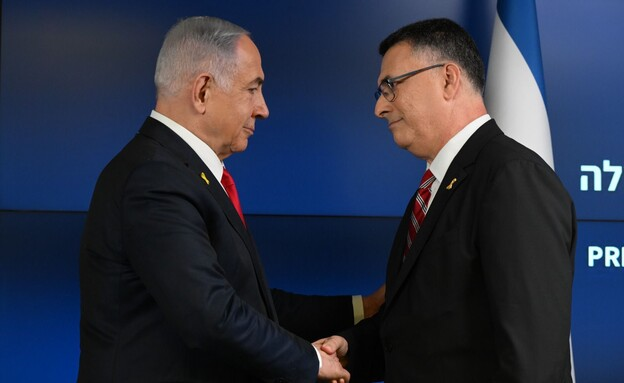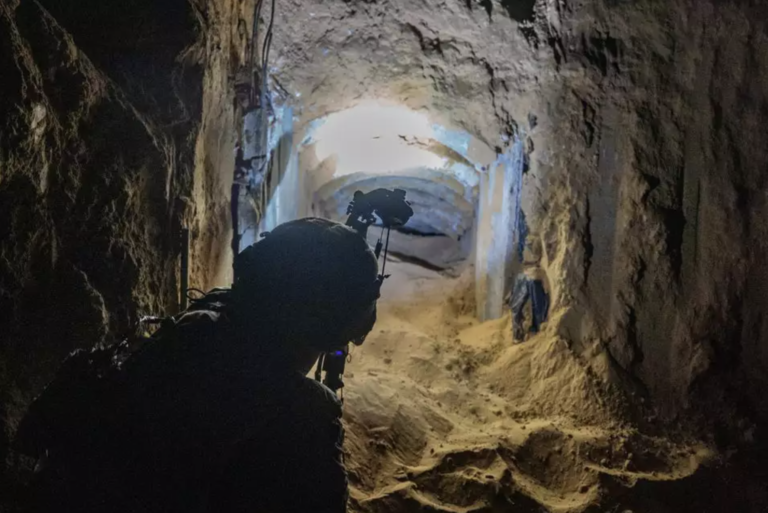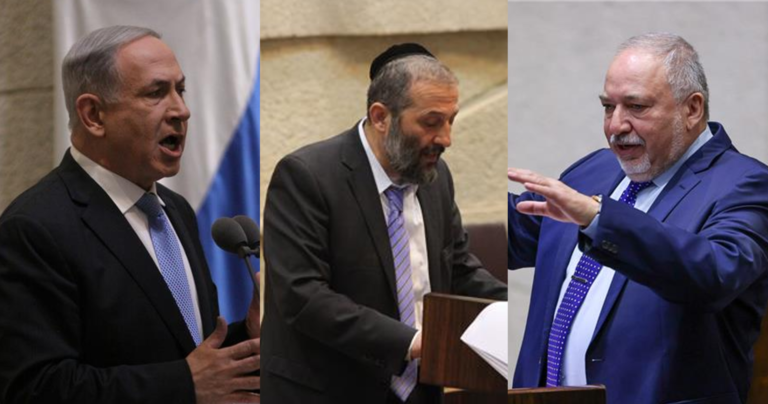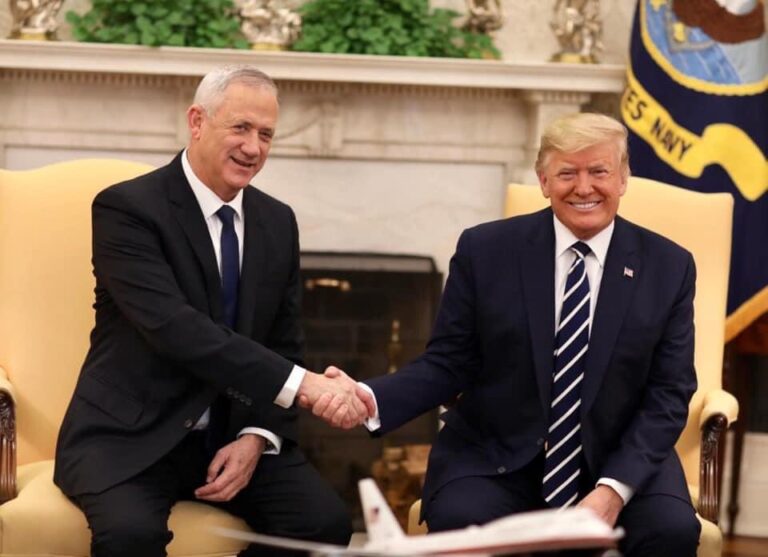Despite Netanyahu’s government nearly collapsing right before Israel’s opening strike against Iran, it is now enjoying renewed stability. One politician who helped secure a safety net for Netanyahu’s coalition was Gideon Sa’ar, who, in one of the most crucial political decisions of this war, joined the government in September 2024.
I explored this in my Shabbat column for Yedioth Ahronoth, an excerpt of which is below.
***
The most important political move of the war turns out to have been Gideon Sa’ar joining the government nine months ago. His departure from the opposition and return “home” to Likud prevented the near-certain collapse of Netanyahu’s government and Israel heading to another round of elections. Had the Jewish state been in the midst of an election campaign—or in the first few months of a new government—it’s highly unlikely that an attack on Iran would have taken place.
Benny Gantz and Gadi Eisenkot’s resignations—three months prior to Sa’ar’s move—excluded them from participating in the elimination of Hassan Nasrallah, the beeper operation, the assassinations of Yahya Sinwar and Mohammed Deif, the last hostage deal, the October strike on Iran, and of course, Operation Rising Lion. For those who, for decades, were in the center of Israeli decision-making, that must be an unbearable feeling—even if they claim they had already lost all influence over Netanyahu.
The preparations for this current operation also cast the recent ultra-Orthodox enlistment debate in a slightly different light. The heavy political price Netanyahu and Likud paid in public opinion for clinging to their Haredi partners was not just about preserving the bloc—a core tenet of Netanyahu’s modus operandi for years—but also about preventing the collapse of the government at almost any cost until the key date: initially April 15, then a two-month postponement.
With Agudat Yisrael and Degel HaTorah, however, this was no easy feat. The ultra-Orthodox newspaper HaModia declared in a recent headline: “The resignation of Rabbi Yitzhak Goldknopf from the government and his position as Housing Minister takes effect today.” Only afterward did it move on to the rest of the day’s news—led by the war with Iran. It was a dazzling glimpse into the priorities of one of the coalition’s most important factions.
Once the military campaign ends, the question of elections will arise. Until now, facing problematic results in the polls, Netanyahu has pushed to delay the seemingly inevitable collapse to around the start of winter. But now, with solutions formulated within a single day for both the Haredi draft crisis and the Iran issue, he could, theoretically, allow elections to take place on schedule—in October 2026.
Why wouldn’t he opt for early elections to capitalize on recent success? Because he has little to gain. He already has a stable right-wing coalition with 66 Knesset members, even without Goldknopf. Even if he outperforms the polls and wins, say, 61 seats, how does that improve his position? And even that number still remains out of reach—even after the stunning operation in Iran.









